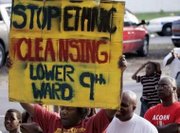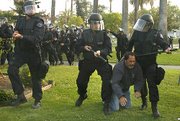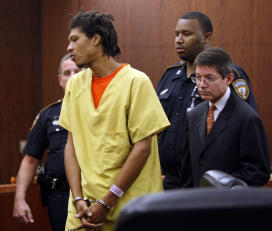Saturday, January 19, 2008
Is This the New World Order in Formation?!!
Bayou Chicot Noose's 13 May 2008
Near Ville Platte, Louisiana
This is the New World Order's North American Union, from the outset the sham-trickery of the Skull & Crossbones crew. For which your illustrious leaders of this Democratic Republic called America are ALL a part of, including the candidates of note for 2008, bar none excepting Barack Obama.
This is why Bill Clinton could remark his true confessive thoughts of Barack's campaign as a fairy tale. A neverwill happen. A moot point. Because the good old boys of the Dark Society of the Skull & Crossbones discriminates.
How blessed can we get, with Barack.!
Near Ville Platte, Louisiana
This is the New World Order's North American Union, from the outset the sham-trickery of the Skull & Crossbones crew. For which your illustrious leaders of this Democratic Republic called America are ALL a part of, including the candidates of note for 2008, bar none excepting Barack Obama.
This is why Bill Clinton could remark his true confessive thoughts of Barack's campaign as a fairy tale. A neverwill happen. A moot point. Because the good old boys of the Dark Society of the Skull & Crossbones discriminates.
How blessed can we get, with Barack.!
Subscribe to:
Comments (Atom)









